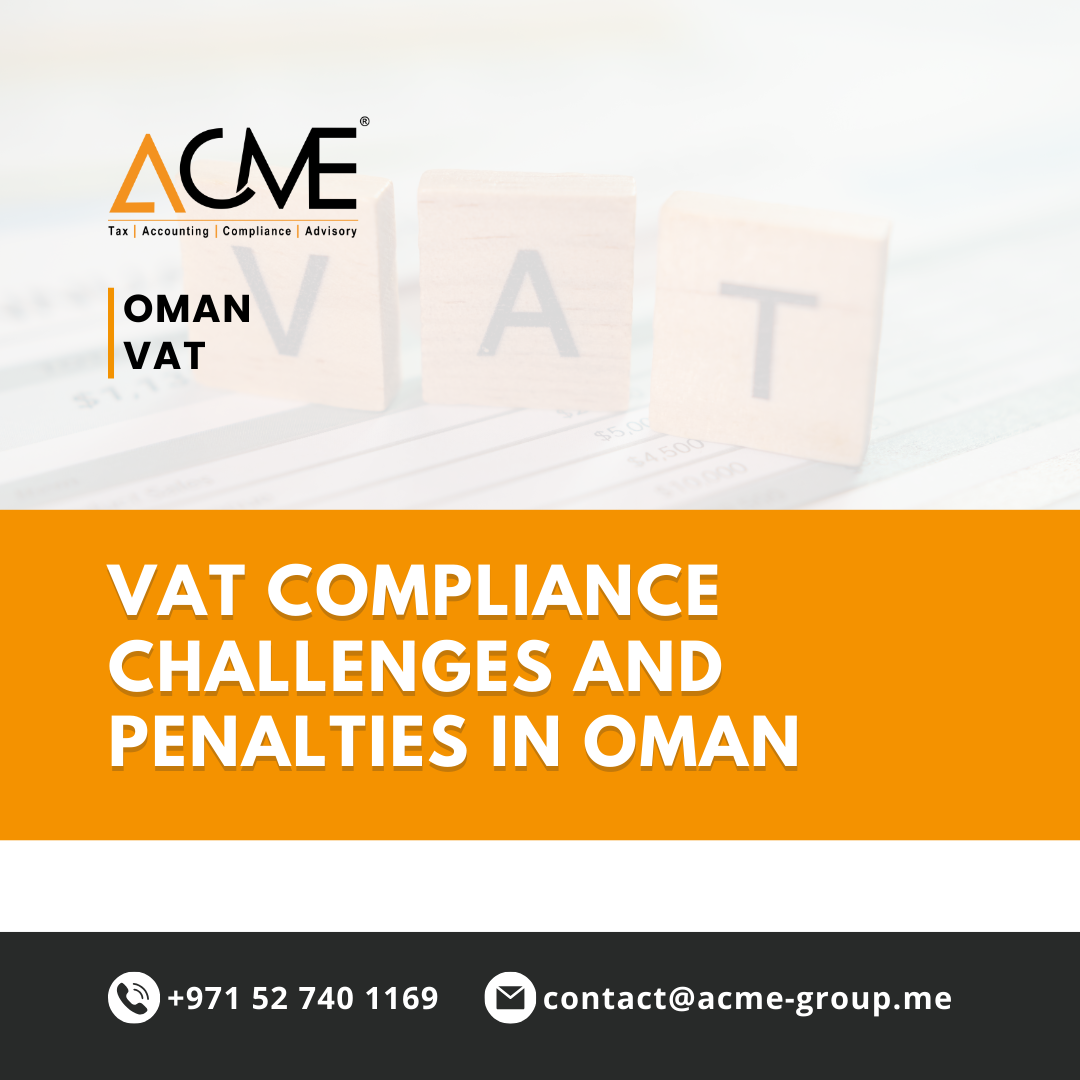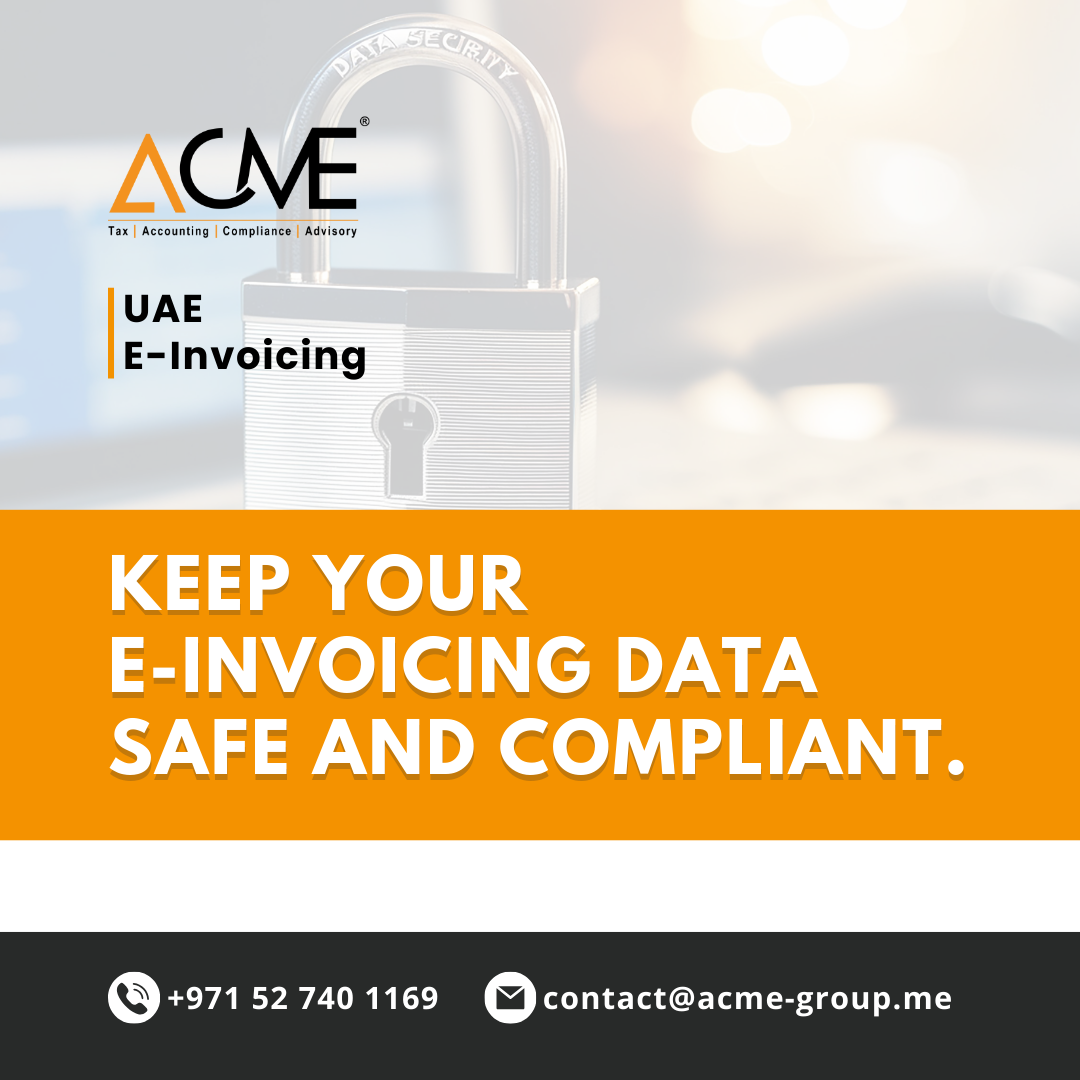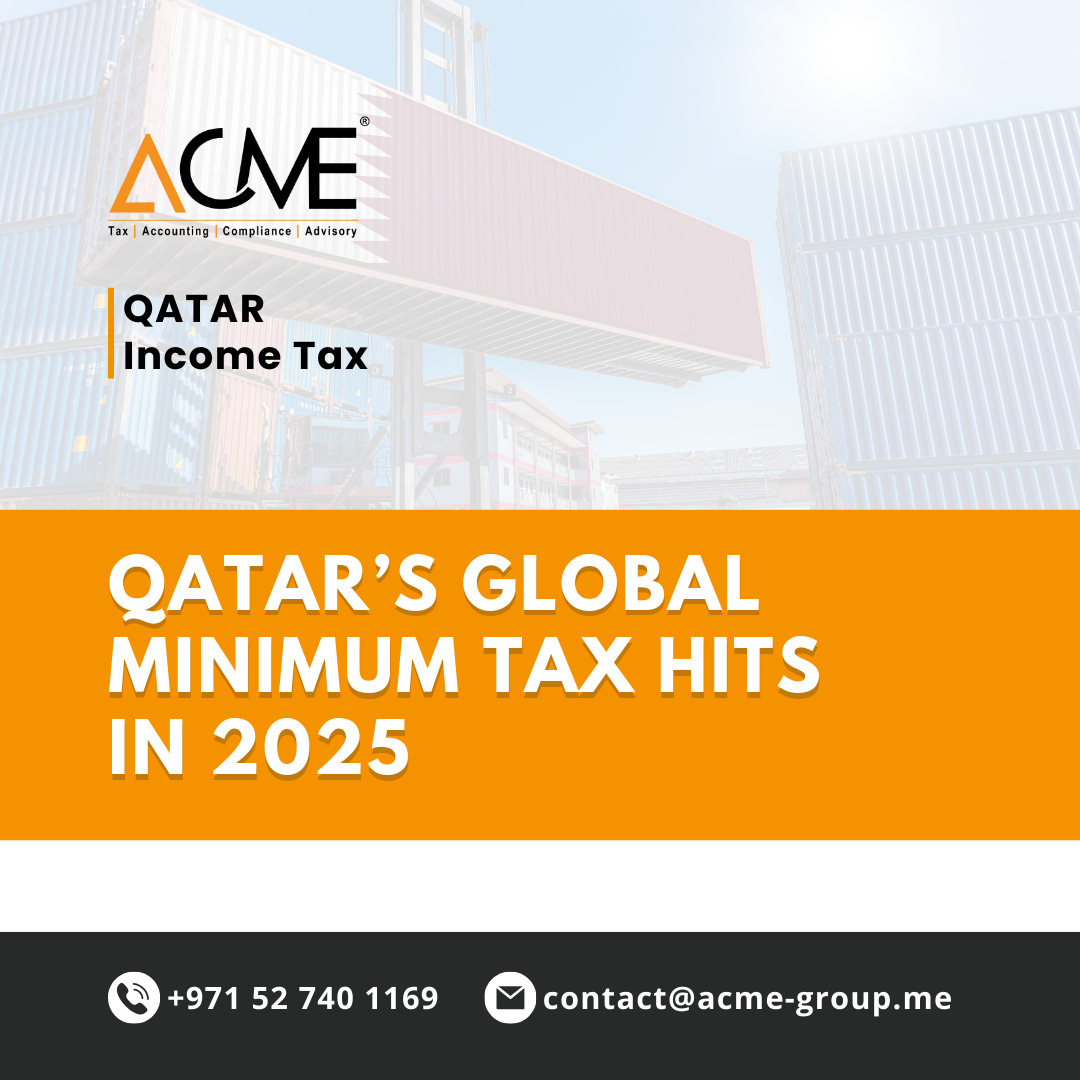The UAE’s tax regime has introduced key provisions in Cabinet Decision No. 108 of 2023 amending the Federal Decree-Law No. 7 of 2017 on Excise Tax. This amendment, issued on November 6, 2023, specifically addresses Article 14 of the Executive Regulation, which establishes guidelines for exemptions on excise tax for goods exported from the UAE. The new provisions aim to align excise tax procedures with international trade standards, facilitating ease of export for goods that qualify.
Key Provisions under Article 14 – Exemption for Exported Excise Goods
Article 14 provides the basis for excise tax exemptions on goods intended for export under specified conditions. The new rules aim to relieve exporters of the excise tax burden where goods are either exported directly, purchased for immediate export, or intended for consumption outside the UAE. Here’s an outline of the main exemptions:
1. General Exemption Criteria for Exported Goods
Excise goods exported from the UAE are eligible for a tax exemption provided they meet one of the following conditions:
- Direct Export: Goods are transported to the export point under customs suspension arrangements, adhering to the guidelines specified in Clause 11 of Article 15 of this Decision.
- International Journey Consumption: If excise goods are intended for consumption during an international journey, they may be exempted from tax provided they reach the export point under customs suspension.
- Duty-Free Purchases: Goods purchased at a duty-free shop by individuals who intend to export them immediately can also qualify for the exemption. Buyers must provide proof that the goods are leaving the UAE at the time of purchase.
2. Exemptions for Direct Exports
For a direct export to qualify for excise tax exemption, the following requirements must be met:
- Physical Export: The excise goods must be transported out of the UAE by the supplier.
- Documentary Evidence: Exporters are required to retain one of the following:
- A customs declaration along with commercial evidence proving the export.
- A shipping certificate and official export evidence.
- A customs declaration confirming the customs duty suspension arrangement.
- Condition of Goods: The goods must remain unaltered between the time of supply and export, except for any necessary preparation for export.
These criteria ensure that direct exports follow proper customs documentation and goods remain unchanged until they reach the export destination.
3. Indirect Exports and Exemption Conditions
An indirect export exemption applies when the overseas customer exports the excise goods. For this exemption, the following conditions must be satisfied:
- Physical Export by Overseas Customer: The overseas buyer must handle the export logistics and move the goods out of the UAE.
- Proof of Export: The customer must provide the supplier with either:
- A customs declaration and commercial evidence of export.
- A shipping certificate and official evidence confirming export.
- A customs declaration indicating a suspension of customs duties.
- Intact Condition of Goods: As with direct exports, the excise goods must remain unaltered or unused from the point of supply to the time of export, except for any essential preparatory steps.
4. Authority Discretion on Acceptable Documentation
The Federal Tax Authority (FTA) reserves the right to assess the adequacy of the provided export documentation. If the FTA determines that the submitted evidence does not satisfactorily demonstrate the goods’ exit from the UAE, it may request alternative forms of proof tailored to the type of excise goods or export nature. This provision offers flexibility in compliance, enabling the FTA to exercise discretion when standard documentation may not align perfectly with the nature of specific goods or export circumstances.
5. Verification by Customs Departments
Customs authorities play a critical role in confirming export compliance. They are responsible for validating both the type and quantity of exported excise goods against the submitted export documentation, ensuring adherence to UAE customs procedures. This verification process includes a tax risk classification based on coordination with the FTA, adding another layer of oversight and accuracy to the export documentation process.
Implications for Exporters and Compliance Requirements
This latest amendment underscores the UAE’s commitment to facilitating global trade by providing excise tax exemptions on qualifying exports while ensuring robust compliance mechanisms. Exporters in the UAE should consider the following to stay compliant:
- Prepare Detailed Export Documentation: Suppliers and buyers must retain adequate evidence proving the excise goods were indeed exported, including customs declarations, shipping certificates, and commercial documents. Ensuring this documentation is thorough will help avoid potential issues with the FTA.
- Verify Suspension Arrangements: Goods moved under customs suspension must be verified as such at all stages of transport to the export point, following customs regulations. This step is particularly relevant for goods consumed in international transit.
- Coordinate with Customs for Verification: As customs departments are mandated to verify exported goods, exporters should maintain transparency and consistency in reporting the quantity and type of goods exported to avoid discrepancies.
- Understand the Risk Classification: Exporters should be aware of the tax risk matrix in use by customs, which will influence how goods are classified and verified during the export process. High-risk goods may be subject to more stringent checks.
Conclusion
Cabinet Decision No. 108 of 2023 on Excise Tax Exemption for Exported Goods introduces a comprehensive framework to support exporters in the UAE while ensuring compliance with the country’s excise tax regulations. For exporters, these provisions offer a significant opportunity to reduce tax burdens on goods intended for foreign markets. Compliance with these guidelines will be key to maximizing benefits under the excise tax exemption and ensuring that documentation and verification processes align with FTA and customs department standards.
summary
The UAE has introduced amendments to its excise tax laws through Cabinet Decision No. 108 of 2023, which provides tax exemptions for exported goods under specific conditions. These exemptions apply to goods exported directly, those purchased for immediate export from duty-free shops, and those intended for international consumption. Exporters must meet documentation requirements, including customs declarations and shipping certificates, to qualify for the exemption. Customs authorities will verify compliance, and the Federal Tax Authority may request additional proof if necessary. These changes aim to streamline the export process and reduce the tax burden on businesses engaged in international trade.
Disclaimer: The Content offer general guidance and should not be considered legal, financial, or tax advice. Consult qualified professionals for personalized guidance. While efforts have been made to ensure accuracy, no guarantee is provided for completeness or applicability to individual situations. Users are responsible for their interpretation and actions based on this information, at their own risk.
For understanding more about Corporate Tax, VAT, Excise Tax, Financial Services, Advisory Services, reach out to us on: contact@acme-group.me |+971 52 740 1169.
This article was published on 2 June 2025.
Related Posts
VAT Compliance Challenges and Penalties in Oman
While VAT may seem straightforward, compliance can be challenging for businesses unfamiliar with the system. Errors in filing, invoicing, or record keeping …
Data Fortress
Key Points: Store all invoices & credit notes in UAE per Tax Procedures Law Authority may access or share data with other …
System SOS
Key Points: Notify FTA within 2 business days of any system failure Use mechanisms and procedures determined by the Authority Conclusion Timely …
Qatar’s Global Minimum Tax Hits in 2025
Key Points: Law No. 22 of 2024 amends Qatar’s Income Tax Law (Law No. 24 of 2018) to introduce the Domestic Minimum Top-Up Tax (DMTT) and …
Saudi Excise Tax: What’s New & What to Watch
Key Points: ZATCA’s Implementing Regulations for excise tax (Resolution No. 9‑1‑17, as amended) define all the updated rules for excise goods in the …
Join our Newsletter!
Receive updates on the latest News, Events, Webinar and more.
Our Services
-
Tax ServicesTax Services
-
Financial ServicesFinancial Services
-
AdvisoryAdvisory
-
ComplianceCompliance
Explore More
-
About UsAbout Us
-
Privacy PolicyPrivacy Policy
-
Contact UsContact Us





